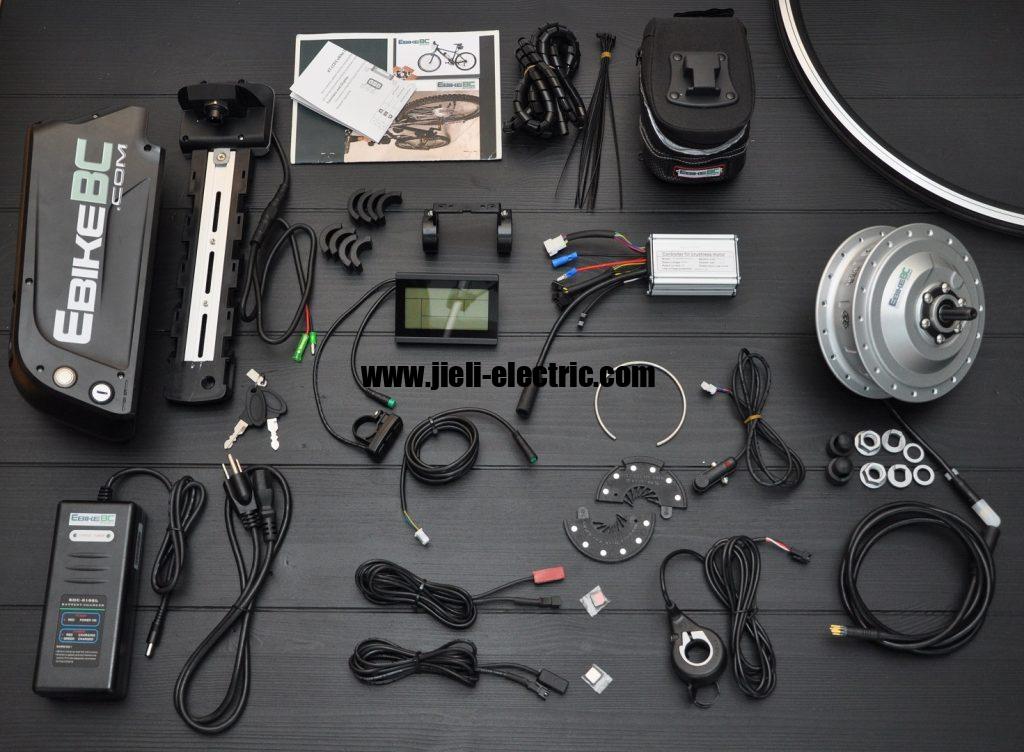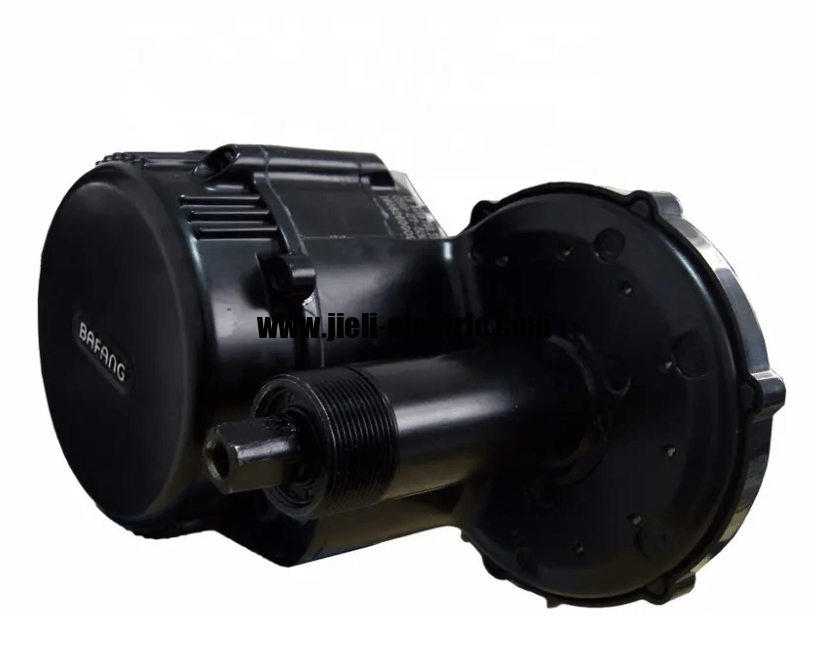As electric bikes gain popularity, the question of whether to register a Surron e-bike becomes increasingly relevant for potential owners. Understanding local regulations is essential, as these can vary significantly from one jurisdiction to another. There are distinct differences between e-bikes and motorcycles that influence registration requirements, leading many to seek clarity on the matter. Online discussions, such as those found on platforms like Reddit, often raise the query, "do I need to register surron e bike reddit," highlighting the confusion surrounding the issue. This article aims to elucidate the various registration requirements by state and provide guidance on complying with local laws.
Key Takeaways
Compliance with local laws is essential, as regulations for Surron E Bikes vary by jurisdiction and can include age and licensing restrictions.
Registration may be required for e-bikes exceeding certain power or speed limits, with different regions imposing unique insurance and licensing requirements.
The registration process involves gathering documentation, completing a state-specific form, and obtaining a registration sticker or plate for legal confirmation.
Riding without proper registration can result in fines, legal consequences, and limited access to certain riding areas, highlighting the importance of understanding local regulations.
Understanding Local Regulations
Understanding local regulations is crucial for ensuring compliance when using a Surron E Bike. Various jurisdictions impose different requirements and restrictions that can affect your riding experience. Therefore, it is essential to familiarize yourself with the specific rules that apply in your area before proceeding.
Local Registration Requirements
Local registration requirements for Surron E Bikes can vary significantly between regions, necessitating careful attention to ensure adherence to applicable laws. In some areas, registration may be mandatory for electric bikes exceeding a certain power output or speed limit. Other jurisdictions might classify Surron E Bikes as off-road vehicles, leading to different regulatory frameworks. Additionally, specific insurance and licensing requirements may also apply based on local legislation. Riders should consult their regional transportation authority for precise information on registration obligations.
State-Specific Laws
State-specific laws significantly influence the operation and usage of Surron E Bikes, necessitating riders to be aware of the unique regulations that govern their respective states. These laws can dictate aspects such as where the bikes can be ridden, speed limits, and whether registration is required. Additionally, some states classify Surron E Bikes differently, which can affect their legal status on public roads and trails. Riders must also consider local ordinances that may impose further restrictions beyond state laws. Understanding these regulations is crucial, especially when considering age and licensing restrictions that may apply to Surron E Bike operators.
Age and Licensing Restrictions
Age and licensing restrictions can significantly influence the ability of individuals to operate a Surron E Bike legally and safely. Many regions require riders to be of a certain age to operate electric bikes, which can vary widely from one jurisdiction to another. Additionally, some areas mandate specific licensing requirements, which may include obtaining a motorcycle or moped license. Failure to comply with these regulations can result in legal penalties and increased liability in the event of an accident. Ultimately, understanding these restrictions is essential for responsible and lawful riding.
Insurance Considerations
Insurance considerations play a critical role in mitigating risks associated with Surron E Bike usage, particularly in areas where liability coverage is mandated. Riders must assess their insurance needs based on the specific regulations in their jurisdiction. Additionally, comprehensive coverage can safeguard against potential damages or injuries incurred during operation. It is advisable to consult with insurance professionals who are familiar with e-bike policies to ensure adequate protection. Ultimately, proper insurance not only complies with legal requirements but also enhances rider safety and peace of mind.
Differences Between E-Bikes and Motorcycles
E-bikes and motorcycles differ significantly in their legal classifications, speed capabilities, and power outputs. These distinctions affect the licensing and registration requirements for each vehicle type, as well as the regulations governing their use. Understanding these differences is essential for riders to navigate the legal landscape effectively.
Legal Classification of Vehicles
The legal classification of vehicles plays a crucial role in determining the requirements for operation, registration, and insurance coverage. E-bikes are typically categorized as bicycles with electric assistance, which often exempts them from certain regulations that apply to motor vehicles. In contrast, motorcycles are classified as motor vehicles, necessitating specific licensing and insurance obligations. These classifications also influence where each type of vehicle can be legally operated, including restrictions on bike paths and roadways. Understanding these distinctions leads to a deeper exploration of the implications of speed and power limits for each vehicle type.
Speed and Power Limits
Speed and power limits play a crucial role in defining the operational capabilities and regulatory requirements for different types of electric and motorized vehicles. E-bikes typically have lower speed thresholds and power outputs compared to motorcycles, which influences their classification under transportation laws. As a result, riders of e-bikes may enjoy simplified regulations that differentiate them from their motorized counterparts. Conversely, motorcycles are subject to stricter controls due to their higher performance capabilities, necessitating specific compliance measures. This distinction naturally leads to varying licensing and registration requirements that must be understood by potential users of these vehicles.
Licensing and Registration Requirements
Licensing and registration requirements for e-bikes vary widely by jurisdiction, often reflecting differences in their classification compared to traditional motorcycles. Some areas may classify e-bikes as bicycles, exempting them from registration, while others may require a motorcycle license and registration for higher-powered models. Additionally, the requirements can change based on the maximum speed and wattage of the e-bike, leading to further complexities. Riders must be diligent in understanding their local laws to ensure compliance and avoid penalties. As these regulations impact how e-bikes can be used, it is crucial to explore the associated usage and riding regulations.
Usage and Riding Regulations
Riding regulations for various types of electric bicycles often vary by jurisdiction, necessitating a clear understanding of local laws to ensure compliance and safety on the road. Many regions categorize e-bikes into specific classes based on speed and power output, which influences where and how they can be ridden. Furthermore, the presence of bike lanes, helmet requirements, and age restrictions can differ significantly by location. Riders are encouraged to familiarize themselves with these regulations to avoid potential fines or legal issues. This understanding is particularly important when considering the varying registration requirements by state.
Registration Requirements by State
Understanding the registration requirements for e-bikes, particularly models like the Surron, is essential for compliance with state regulations. These requirements can vary significantly from one state to another, making it crucial to familiarize yourself with the specific rules applicable in your area. The following points provide a detailed overview of the registration landscape, including a state-by-state overview, the registration process steps, and key considerations to keep in mind.
State-by-State Overview
A comprehensive state-by-state overview reveals significant disparities in e-bike registration requirements, underscoring the importance of local regulations for users. Some states mandate registration for all e-bikes, while others exempt certain classifications or power limits. Additionally, specific paperwork and fees associated with registration can vary widely, impacting the user experience. Understanding these differences is essential for e-bike owners to avoid potential legal issues. As such, thorough research into one’s state regulations is necessary before operating a Surron e-bike.
Registration Process Steps
The registration process steps for e-bikes, including necessary documentation and fees, are critical to ensuring legal operation on public roads. Individuals seeking to register their Surron e-bike must first gather required documents such as proof of purchase, identification, and any applicable compliance certifications. Next, the owner must complete the registration form specific to their state, which may include details about the bike’s specifications. Payment of any required fees is typically necessary to finalize the registration process. Finally, obtaining a registration sticker or plate, if applicable, will confirm that the e-bike is legally registered for use.
Key Registration Considerations
Key registration considerations include ensuring compliance with local laws, understanding the classification of e-bikes, and being aware of any associated fees or documentation requirements. It is vital to verify if the Surron e-bike falls under specific categories such as electric bicycles or electric motorcycles, as this will dictate the registration process. Additionally, prospective owners should research state-specific regulations to avoid penalties or legal issues. Gathering all necessary documentation, including proof of purchase and identification, is also essential for a smooth registration experience. Lastly, staying informed about any updates to registration laws can help prevent complications in the future.
Implications of Riding Without Registration
Operating a Sur-Ron e-bike without proper registration may lead to legal consequences, including fines and potential confiscation of the vehicle. Riders may also face liability issues in the event of an accident, which can complicate insurance claims. Additionally, local law enforcement may issue citations, resulting in a negative impact on one’s driving record. The lack of registration can hinder access to certain riding areas that require compliance with local regulations. Furthermore, unregistered vehicles may not be granted the same rights and protections as registered ones in the eyes of the law. This situation could also limit the resale value of the e-bike, as potential buyers may be wary of acquiring an unregistered vehicle. Overall, the implications of riding without registration underscore the importance of adhering to relevant regulations for both legal safety and personal accountability.
Tips for Complying with Local Laws
Compliance with local laws regarding the registration of Surron e-bikes often requires thorough research into specific regulations that may vary by municipality. First, it is essential to consult local transportation authorities or government websites for the most accurate and updated information. Additionally, joining local cycling groups or forums can provide valuable insights from fellow riders who have navigated the registration process. Furthermore, consider reaching out to local law enforcement to clarify any ambiguities regarding e-bike classifications and requirements. Keeping a record of all documentation related to the purchase and registration of your Surron e-bike can be beneficial in case of disputes. It is also advisable to stay informed about any changes in legislation that could impact your e-bike’s status. Finally, understanding the penalties for non-compliance can motivate timely registration and adherence to the applicable laws.
Conclusion
In summary, the necessity of registering a Surron e-bike is contingent upon local regulations that vary significantly across jurisdictions. Compliance with these regulations is essential to avoid legal repercussions, including fines and potential vehicle confiscation. Moreover, understanding age and licensing requirements plays a critical role in ensuring safe and lawful operation. Engaging with local transportation authorities and cycling groups can provide valuable insights into registration processes and updates on relevant laws. Ultimately, informed ownership fosters responsible riding practices and contributes to the overall safety of the riding community.
If you’re considering the ins and outs of registering your Surron E Bike, you may also want to enhance your riding skills. I highly recommend visiting this page for a comprehensive guide on how to manual an e-bike, which can be particularly beneficial for beginners looking to improve their technique and confidence on the road. Don’t miss out on these valuable tips to elevate your e-biking experience!


